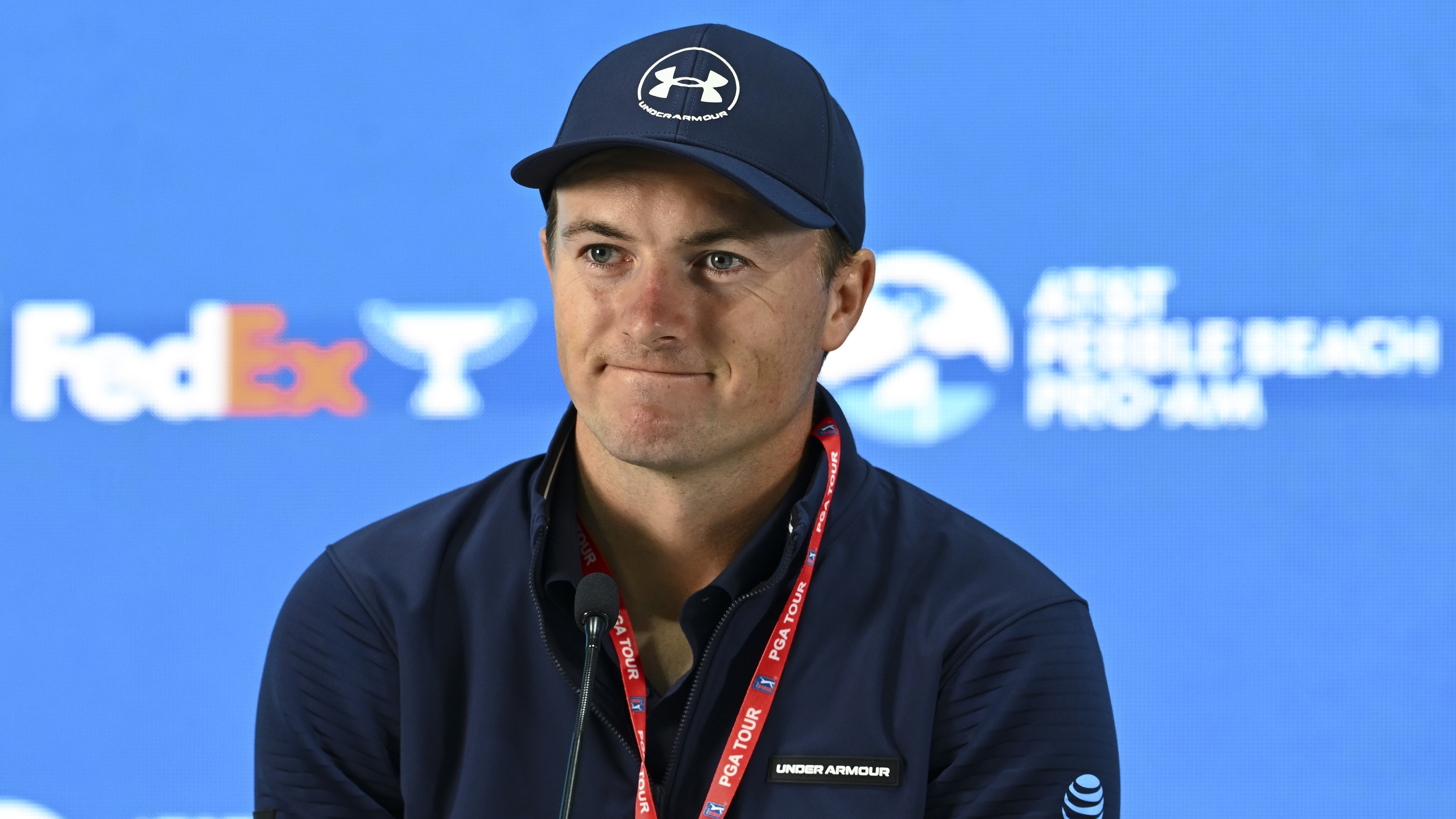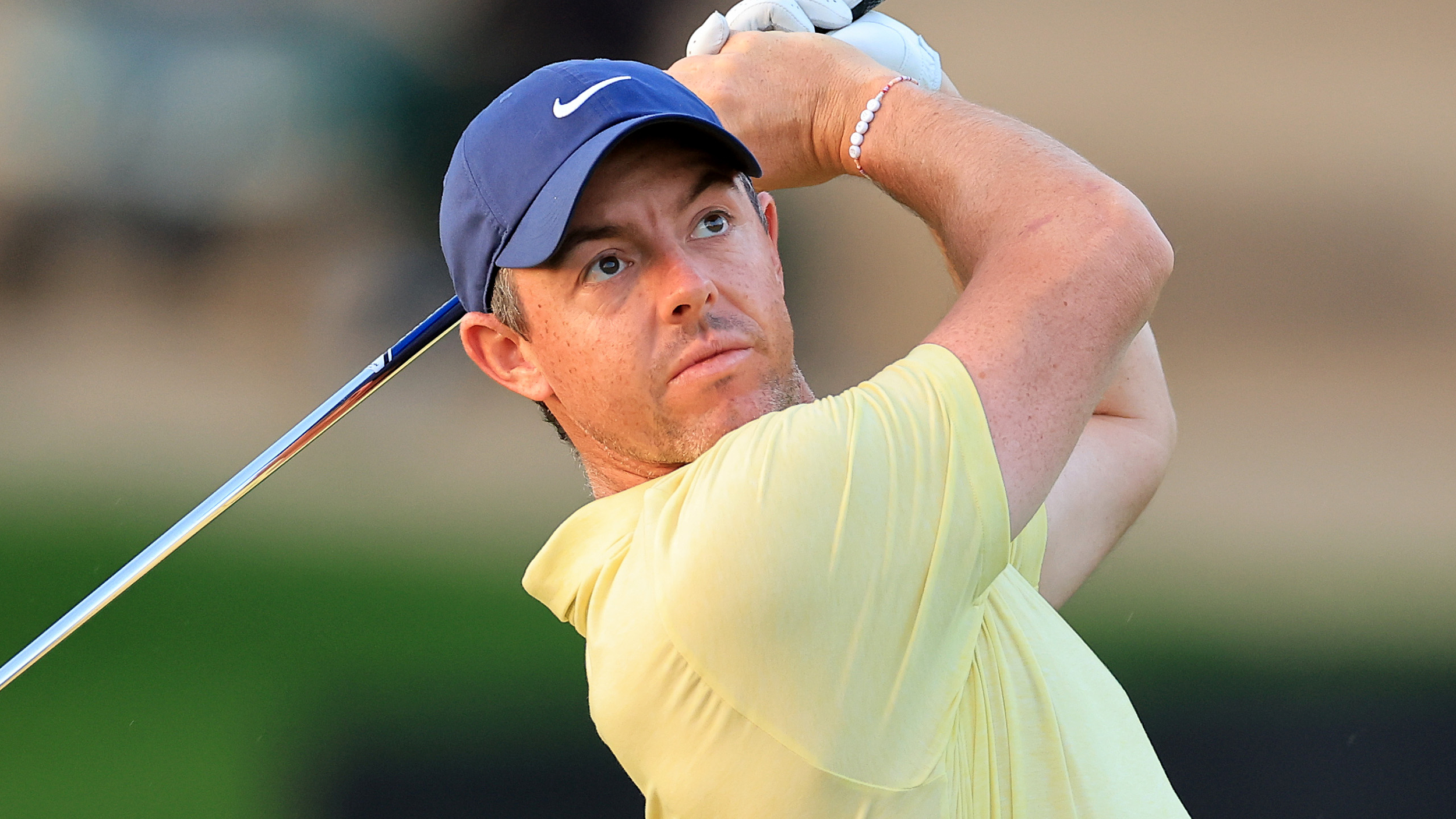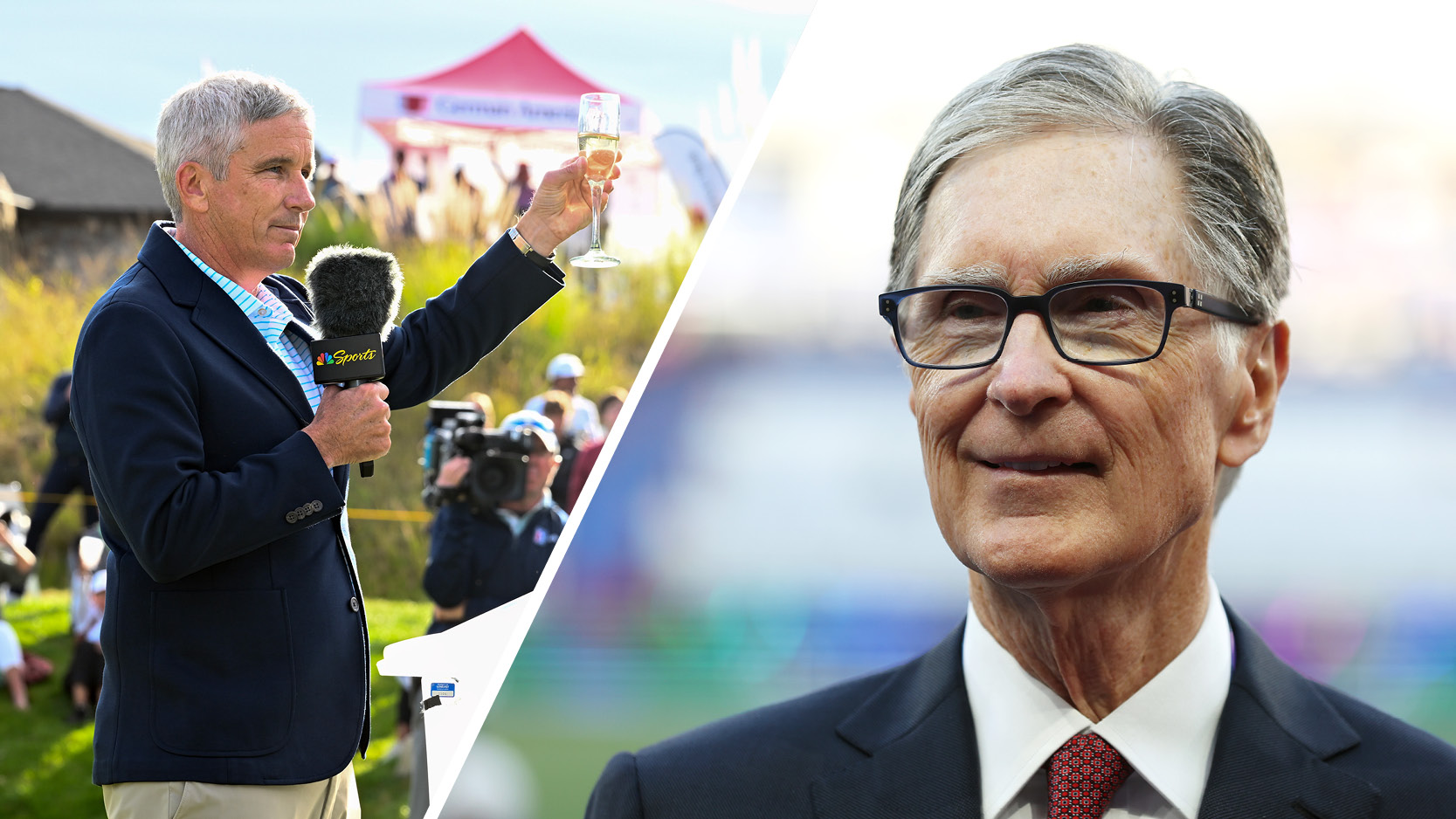
A delighted Jordan Spieth says the PGA Tour's investment deal is such a huge positive that the Tour doesn't necessarily need to also bring the Saudi PIF on board, while offering a warning to LIV Golf stars who may potentially want to return.
The huge $3bn deal the PGA Tour struck with Strategic Sports Group gives players the chance to grab $1.5bn in equity shares in the new enterprise - while also bringing in the expertise of some huge figures in American sport and media.
The consortium - led by Fenway Sports Group and also including New York Mets owner Steve Cohen’s Cohen Private Ventures, Atlanta Falcons owner Arthur Blank, and former Milwaukee Bucks co-owner Marc Lasry - is preparing to inject the money into PGA Tour Enterprises which will increase the for-profit entity's valuation up to around $12 billion.
Talks are on-going with the Saudi Arabia Public Investment Fund about also adding their cash to the pot - as was first anticipated when Jay Monahan and Yasir Al-Rumayyan shook hands on the June 6 framework agreement.
Policy Board member Spieth, though, says that the PGA Tour is now in a position of strength and any offer coming from the PIF must be one that's good enough for the players to accept.
"I think from where I sit, which is hopefully representing our entire membership, it matters how they feel about the entire situation," Spieth said at Pebble Beach.
"And then, you know, at this point if the PIF were interested in coming in on terms that our members like and/or the economic terms are at or not beyond SSGs and they feel it would be a good idea, I think that's where the discussions will start.
"It would be a timely situation, but I'm not sure of the level necessarily of the importance because it will be up to our members to figure that out."
Spieth added that the major benefit of having the PIF on board would be to bring the golfing world back together and have LIV Golf and PGA Tour players attending the same events.
Why does the PGA Tour still need a PIF deal? Jordan Spieth says they don’t.“I think the short answer is we don’t have to, and the long answer is, the positive there is unification … but I’m not sure if or how or when it would get done.”Doesn’t sound like a deal is close. pic.twitter.com/VXVGkAyAD9January 31, 2024
But he insisted that a PIF deal was now not critical to the PGA Tour or golf's future going forward.
"I don't think that it's needed," Spieth insisted. "I think the positive would be a unification, but I think that, like I mentioned before, I just think it's something that is almost not even worth talking about right this second given how timely everything would be to try to get it figured out.
"But the idea is that we have a strategic partner that allows the PGA Tour to go forward the way that it's operating right now without anything else with the option of other investors.
"Whether them or somebody else, that will just be a decision with them obviously being, you know, the active talks.
"But I think the short answer is we don't have to and I think the long answer is the positive there is a unification."
Players split on LIV golfers returning

That unification though, will not be easy, as despite Rory McIlroy easing his stance on allowing players back who would want to return, Spieth says that in general the PGA Tour players are still very much split on whether there should be some form of punishment.
"I've asked a lot of players, I've done a lot of talking with a lot of players in the last couple months. That's Rory's viewpoint. I could name some guys with the same viewpoint, I could name some guys with a totally opposite viewpoint.
"So it's certainly mixed on how players feel about that, that's what I think."
Spieth says that along with players effectively being owners of the new PGA Tour company, bringing in SSG's combined wealth of experience in sport is massive for driving growth.
"I think the coolest thing about it is the players are now owners. So not only do they benefit with the Tour, they now are equity owners so they want to push it themselves, they want to make the product better themselves.

"Not that they didn't before, but you directly benefit from owning a piece. So I think that part is maybe the coolest part of the funding.
"Obviously having some big guns behind us, some backup and the strategy that this group offers was actually something that was very important when we were looking at it.
"So to have I think it's like 200 years of sports owning experience, the idea they can help navigate in our future how content will be consumed when our next media deals are up, stuff like that, to have these partners in perpetuity, I don't think that can be overlooked. You talk about the funding, but really the strategies that they can have in navigating that space will be very important."







